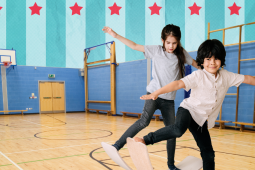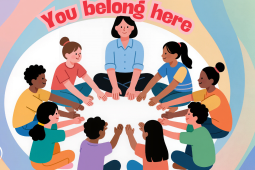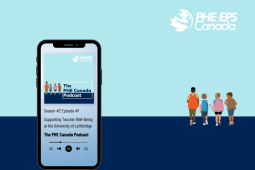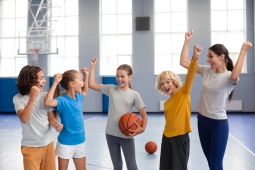Are Boys and Young Men Being Left Behind in Our Classrooms? - A PHE Canada Thinkers Report
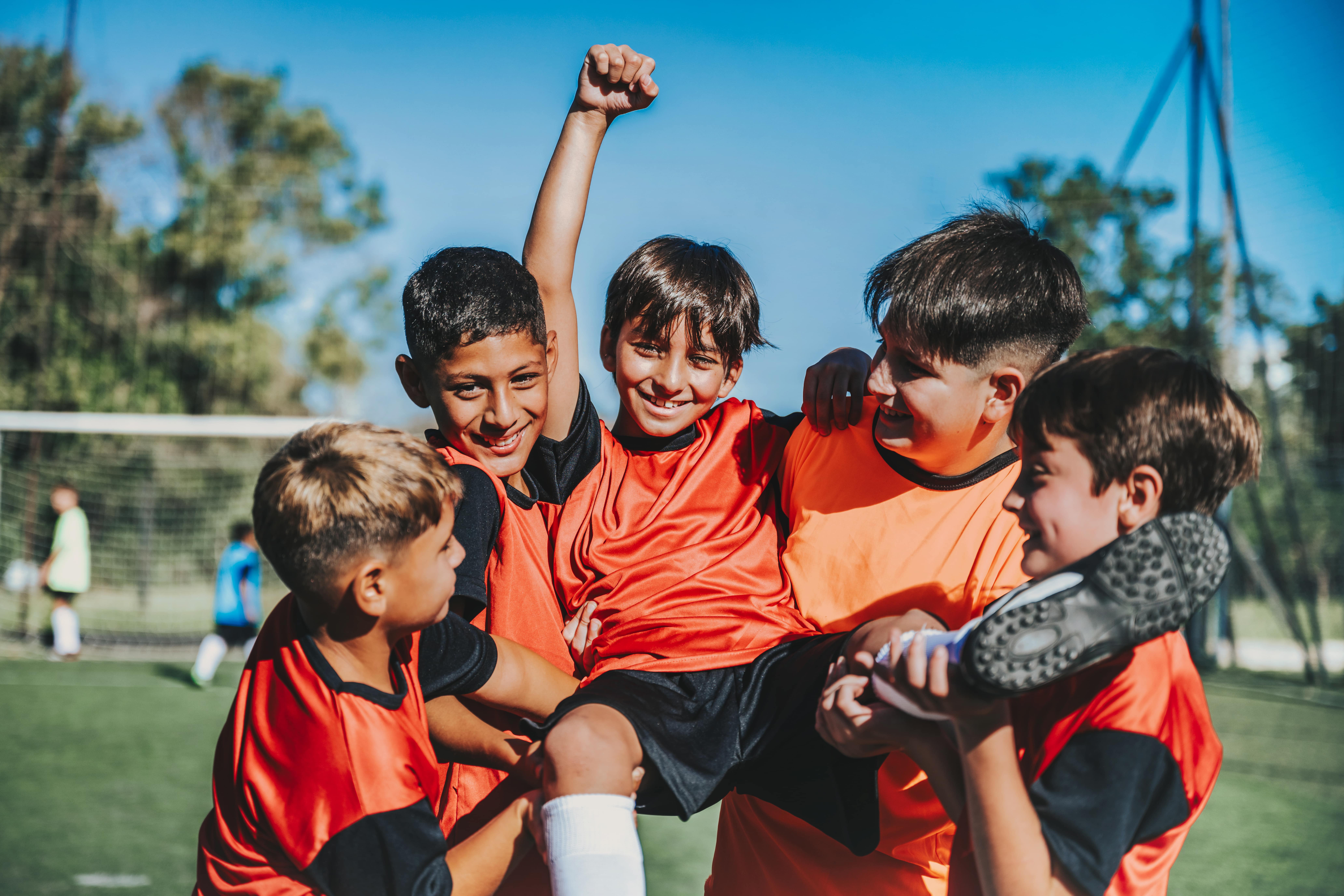
In May 2024, Physical and Health Education (PHE) Canada hosted the PHE Thinkers Gathering in Saskatoon, bringing together over 100 leaders from the PHE community. This annual event aims to address critical issues within the education sector that hinder progress toward the mission of ensuring every child and youth leads an active and healthy life. This year, the focus was on the concern raised by the PHE Canada Board of Directors regarding boys and young men within school communities and their tendency to fall behind.
2024 PHE Canada Thinkers Report
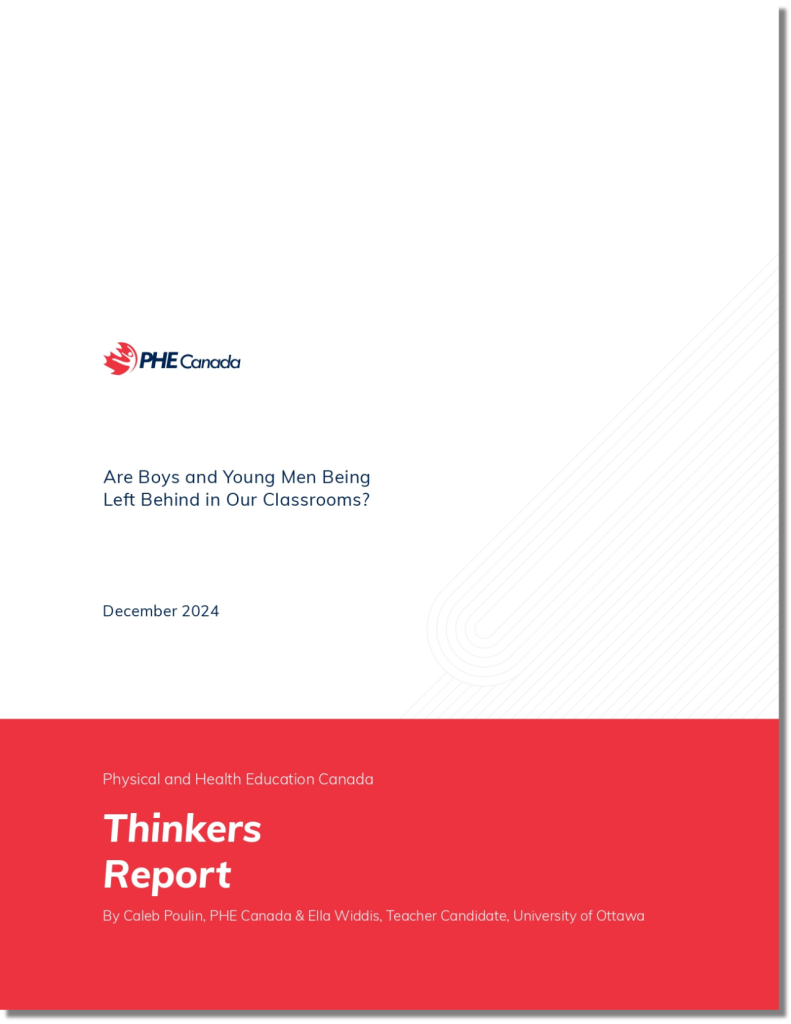
Read the 2024 PHE Canada Thinkers Report
PHE Canada's vision underscores the importance of nurturing confident and competent children and youth, with a commitment to supporting boys and young men. The organization advocates for empathy, accountability, and resilience among boys and young men, promoting gender equity and social justice while fostering supportive relationships. In pursuit of this goal, PHE Canada engaged Dr. Michael Kehler, a professor and masculinity researcher, to provide insight into the societal challenges faced by boys and young men in physical and health education and broader school settings.
Following Dr. Kehler's presentation, delegates participated in roundtable discussions to share perspectives and contribute to PHE Canada’s strategies for fostering the well-being of boys and young men. Their conversations were guided by three key questions, and insights were captured by designated scribes. The collective input highlights the power of community-led initiatives in driving meaningful change and informs the development of this report.
PHE Canada is committed to imagining a world where boys and young men can strengthen their connection between education and holistic well-being. This report summarizes the innovative strategies discussed during the gathering, showcasing the collaborative efforts aimed at supporting boys and young men in classrooms, gymnasiums, and across school settings. The findings will serve as a foundation for PHE Canada's ongoing commitment to ensuring that all children and youth thrive.





